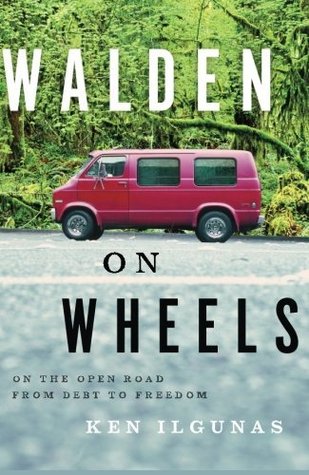More on this book
Community
Kindle Notes & Highlights
The savage in me emerged, naked from the woods, full of unchecked lusts and dark desires. Conscious thought would be muted, giving way to deafening instinct. I’d tap into some terrifying source of energy. I knew then what the heart of man can hold.
I felt the wild overtake me, but only for moments; my civilized side would always drag me back into the world of right and wrong, discipline and justice.
beneath hundreds of huge, puffy cumulous clouds creeping over the tundra, a flotilla of galleons off to war that—when they crossed the sun’s path—flung shadows over mountain ridges with such force it seemed as if they might knock over oblivious hikers (if there were any out there).
Rather, I knew one must confront the very beasts and chasms that haunt our dreams, block our paths, and muffle the voice of the wild man howling in all of us, who calls for you to become you—the you who culture cannot shape, the you who is unalterable, uncivilizable, pure. You.
Koviashuvik is an Inuit word that means “time and place of joy in the present moment.”
I began to believe that to live a happy present requires having lived a full past. It requires that we go on our own journey. And if we are so lucky as to reach the end of that tortuous, troubled path, we may be afforded the gleaming vista of self-discovery.
“The trouble with Eichmann,” the Arendt quote read, “was precisely that so many were like him, and that the many were neither perverted nor sadistic, [but] that they were, and still are, terribly and terrifyingly normal.”
Thoreau,
I didn’t think I could be satisfied to live a life in which I played no meaningful role in other people’s lives.


